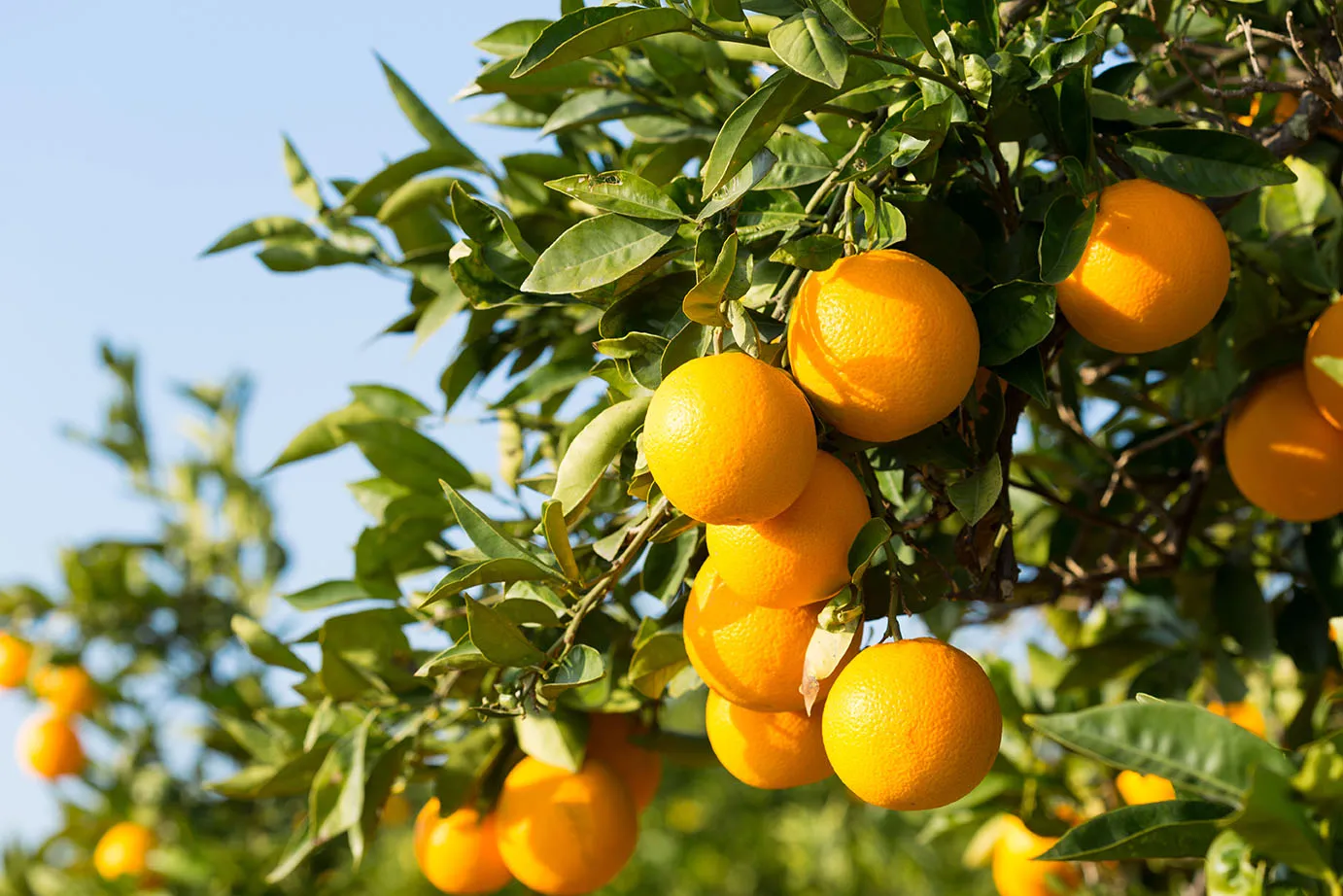In the scorching African deserts, Egypt has achieved the unthinkable: becoming the continent’s leading producer of oranges. Despite 70% of its land being desert, Egypt’s innovative spirit and determination have cultivated a thriving agricultural sector. The secret to this success lies not in vast lands, but in the Nile River, their sole source of clean water.
In contrast, Ghana, blessed with abundant natural resources, including fertile lands, rivers, and minerals, struggles to achieve similar success. Ghana’s economy remains weaker, despite having:
- More arable land (58% vs Egypt’s 3%)
- Greater water resources (Lake Volta, rivers, and coastal access)
- Rich mineral deposits (gold, oil, and diamonds)
Yet, Egypt’s GDP per capita ($2,450) surpasses Ghana’s ($2,200). Egypt’s leadership has prioritized knowledge, innovation, and sustainable development, while Ghana’s leaders have faced criticism for mismanaging resources and prioritizing short-term gains.
Egypt’s orange miracle offers valuable lessons for Ghana:
- Diversify economy beyond natural resources: Egypt’s success in orange production demonstrates the potential for agricultural growth, reducing dependence on a single industry. Ghana can explore similar opportunities in crops like cocoa, coffee, or cashews.
- Invest in agricultural innovation and irrigation systems: Egypt’s use of advanced irrigation techniques and crop management strategies has enabled efficient water use and increased yields. Ghana can adopt similar technologies to optimize water resources and boost agricultural productivity.
- Prioritize education and skill development: Egypt’s emphasis on education has created a skilled workforce, driving innovation and entrepreneurship. Ghana should invest in vocational training, agricultural extension services, and education to enhance human capital.
- Foster a culture of entrepreneurship and self-sufficiency: Egypt’s private sector has played a crucial role in driving agricultural growth. Ghana can encourage entrepreneurship by providing access to credit, markets, and technology, enabling citizens to take ownership of their economic destiny.
By embracing these lessons, Ghana can:
- Enhance food security and reduce reliance on imports
- Create jobs and stimulate local economies
- Increase export earnings and improve trade balances
- Build resilience against climate change and economic shocks
Ghana has the potential to bloom like Egypt’s desert, but it requires visionary leadership, strategic investment, and a commitment to sustainable development. Will Ghana’s leaders seize this opportunity, or let it wither away? The choice is theirs, but the consequences will be borne by their citizens.
By: Theophilus Kobina Odoom
Petroleum Surveyor/Political Commentator and communicator




